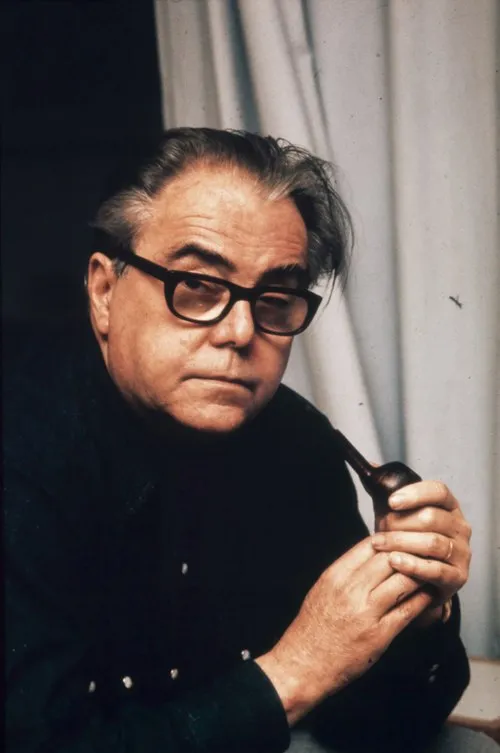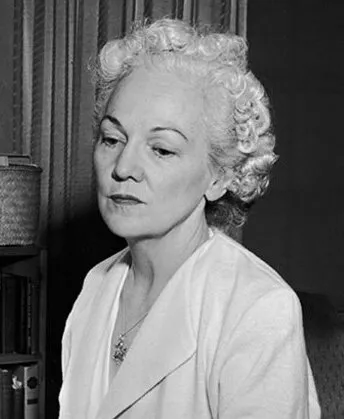
Birth Year: 1911
Nationality: Swiss
Occupation: Playwright and novelist
Death Year: 1991
1911 – Max Frisch, Swiss playwright and novelist (d. 1991)
Max Frisch, a name that resonates through the corridors of 20th-century literature, emerged into a world filled with contradictions in 1911. Born in Zurich to a family with deep roots in the Swiss artistic community, his early years were infused with an appreciation for culture and intellect. However, it was not merely familial influence that shaped him; rather, it was the turbulent backdrop of two world wars and their aftermath that would deeply inspire his work.
As he navigated through his adolescent years those formative days when one begins to question existence Frisch found himself drawn not just to literature but also to architecture. Ironically, despite being known predominantly as a playwright and novelist, he initially took up studies at the Zurich Institute of Technology. Perhaps this inclination towards structure and design foreshadowed the frameworks he would later construct within his literary pieces.
By 1945, Frisch had made the pivotal decision to pursue writing full-time a choice influenced by personal turmoil during World War II. During those harrowing times, many believed art could offer solace or escape from reality's harshness. Yet for Frisch, it was a clarion call: 'Who knows,' one might ponder today about artists during periods of conflict did they feel an obligation to reflect society’s struggles? Indeed, Frisch seemed compelled by this notion.
His debut play “The Fire Raisers” premiered in 1953 and showcased his signature style: sharp dialogues wrapped around profound existential questions. It was arguably this blend of theatrical intensity and philosophical depth that caught audiences off guard; critics hailed it as groundbreaking while others were left bewildered by its complexity.
However, amid accolades came criticism Frisch's penchant for introspection often led him down paths less traveled by traditional narratives. In fact, some contemporaries suggested that his characters exhibited traits resembling their creator too closely! For instance: Was Frisch simply projecting his own crises onto these fictional lives? Yet such debates only served to cement his legacy further.
As if navigating between various genres wasn't enough a feat many writers find daunting Frisch dabbled in novels alongside plays! Works like “I'm Not Stiller” (1954) delved into identity crises with striking clarity a theme still resonating powerfully today amidst growing discussions on self-perception across social media platforms.
The Duality of Identity
This exploration of identity became central not just within Frisch’s narrative universe but mirrored societal shifts during the late 20th century where individuals grappled with their roles against broader cultural expectations. Arguably the emergence of postmodernism questioned everything we thought we knew about truth and identity; perhaps no one personified this better than Max Frisch.
A Unique Voice Amidst Change
Inevitably tied into this tapestry was his relationship with language itself it offered both liberation and constraint simultaneously! In a society grappling with globalization yet desperate for authenticity... how does one balance personal voice versus collective experience?
The Writer's Responsibility
At times when global events cast shadows over humanity’s spirit , writers like Frisch faced immense pressure not just from themselves but from external voices demanding relevance amid chaos! He wrestled openly with these demons; as he admitted during press conferences throughout various phases in life: 'I write because I have no choice.' Such candor adds depth to our understanding not merely is writing craft but also catharsis!
A Life Beyond Literature
"The act of writing is an act of resistance," he once remarked while reflecting on Switzerland's neutrality during WWII a stance met often with skepticism from fellow intellectuals who saw silence as complicity...





